
Bhutan’s Political Prisoners and Refugee Crisis Highlighted at UNHRC Session
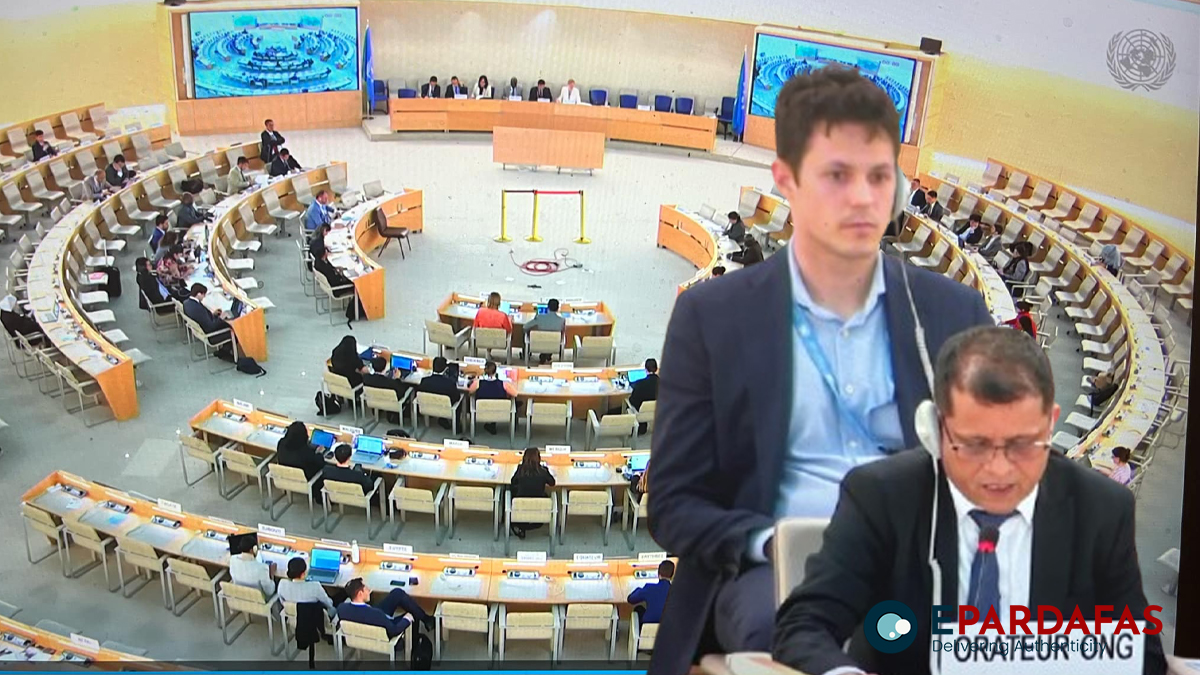
The Global Campaign for the Release of Political Prisoners in Bhutan (GCRPPB) took a bold stand at the United Nations Human Rights Council (UNHRC) in Geneva, exposing Bhutan’s denial of political prisoners and ongoing human rights violations.
Ram Karki, the founder and global coordinator of GCRPPB, along with Gopal Gurung, the Europe coordinator, delivered a two-minute oral statement during the adoption of Bhutan’s 4th Universal Periodic Review (UPR). Speaking on behalf of the Asian Forum for Human Rights and Development (FORUM-ASIA), the GCRPPB highlighted the harsh realities faced by political prisoners in Bhutan.
Mr. Karki condemned Bhutan’s persistent denial of the existence of political prisoners, despite credible evidence of arbitrary detention, inhumane prison conditions, and severe physical and mental abuse. He noted that many prisoners suffer from chronic illnesses, remain isolated from their families, and face unjust trials lacking due process.
Quoting from the statement, Mr. Karki said, “Despite repeated denials of the existence of political prisoners, the Working Group recently determined that the continued imprisonment of three individuals constitutes arbitrary detention. Their detention lacks legal basis, violates fundamental freedoms, and denies their rights to a fair trial. This reflects the reality of all political prisoners in Bhutan.”
In response, the Bhutanese Ambassador dismissed the allegations, claiming the individuals mentioned were serving sentences for “serious crimes” under national law. He labeled the concerns raised by Mr. Karki as the work of “vested interest people” and denied any ethnic discrimination or political imprisonment.
The GCRPPB’s statement also exposed Bhutan’s systemic discrimination against ethnic Nepali-speaking Bhutanese, detailing the banning of their language in schools, land seizures, erasure of cultural symbols, and revocation of citizenship, which has rendered many stateless. Despite these concerns, Bhutan rejected all 68 recommendations related to human rights violations during its UPR, including appeals from the United States, Switzerland, Canada, and Germany to release political prisoners and address ethnic discrimination.
“Bhutan’s denial of political prisoners is an insult to justice,” stated Mr. Karki. “These individuals are imprisoned for standing up for their basic rights — Bhutan must stop pretending they don’t exist and release them immediately.”
GCRPPB has urged Bhutan to release all political prisoners, rehabilitate them with proper compensation, grant access to international human rights monitors, repatriate willing refugees, and end systematic discrimination against ethnic Nepali-speaking Bhutanese. The organization also called for the establishment of an independent national human rights commission in line with the Paris Principles.
The GCRPPB delegation held discussions with officials from the UNHRC, the Office of the High Commissioner for Human Rights (OHCHR), international NGOs, and the International Red Cross, seeking increased international attention to Bhutan’s human rights issues.
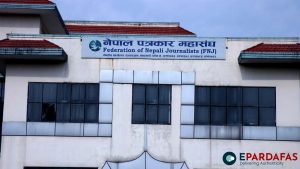
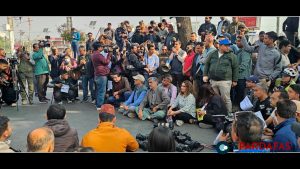
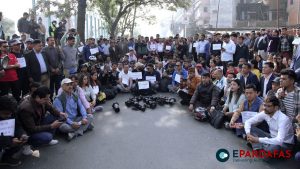
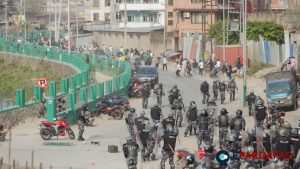
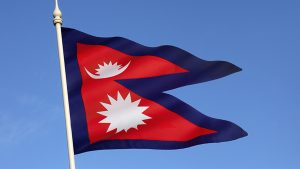
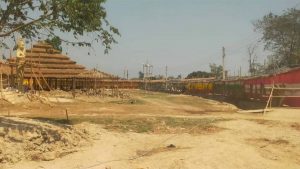

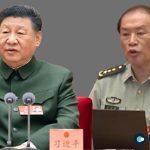
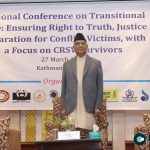

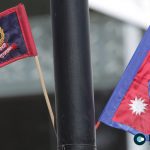

Comments